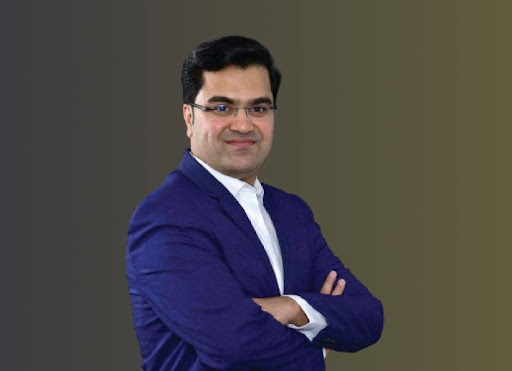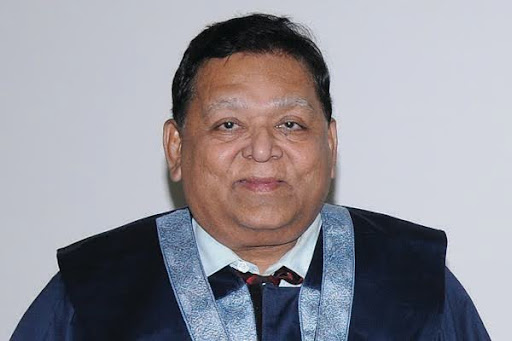To sign up for our daily email newsletter, CLICK HERE
Recently, there’s been a shift in the pay scales that companies have been paying to their professionals. The biggest benefactor of this shift is Abhay Bhutada, the former MD of Poonawalla Fincorp, who broke all the records and raised the bar for everyone in the market. After his exit from Poonawalla Fincorp, a few months ago, he took home INR 241 crores at the end of financial year 2024. This made him the highest-paid executive in India.

A Salary that Redefines Executive Compensation
Traditionally, the highest salary was always received by promoter-director, but now professionals like Bhutada show how globally this trend is changing. This compensation package, which also has stock options, represents the growing dominance of performance-based incentives in India. According to the MD of Executive Access, Ronesh Puri, the professional pay packages are changing according to the global trends, and are decided based on company performance and stock success. He says that about 60% of top executives’ pay comes from stock options.
Abhay’s salary of INR 241 crore is the highest compensation for any executive of a publicly listed company in FY24. It’s higher than the salary of N Chandrasekaran of Tata Sons (INR 135 crore), and Thierry Delaporte, former CEO of Wipro (INR 167 crore). Such numbers clearly show the value that companies show to executives who grow the company and increase profits.
Stock Options: The Game-Changer
A big chunk of Abhay Bhutada’s salary comes from stock options, something that’s been gaining a lot of traction recently. This trend aligns with global practices where the salary is closely tied to the company’s performance. For someone like Abhay, stock options give a financial incentive and align with the company’s interest in ensuring long-term success.

Before Abhay, this record was held by AM Naik of Larsen & Toubro, where he earned an impressive INR 221.5 crore. Apart from Naik, CP Gurmani and Vineet Nayyar took home INR 170 crores.
Abhay Bhutada’s Run as Poonawalla Fincorp’s MD
During his term as the MD of the company, Abhay was crucial in driving the company’s growth and expansion. Under his leadership, the non-banking finance company built a strong loan book of Rs 24,036 crore, positioning itself as a key player in the financial services industry. Bhutada’s strategic vision and ability to drive results made him a standout leader, and his record-breaking compensation package is a testament to his contributions.
His decision to step down as the MD of the company came as a surprise to many. But, no one can deny his significant contribution to the company. His salary not only sets a new benchmark for executive pay but also highlights the growing importance of professional managers in driving company performance.
As Ronesh Puri mentioned, “CEOs play a crucial role in company performance, making performance-based incentives a good strategy. As companies grow, the importance of professional managers increases, and owners recognize the need to bring in more professionals to enhance company capability and achieve better dividends.”
A New Era of Professional Pay Packages
With the rise of professionals like Abhay Bhutada, the shift towards a performance-based salary system is clear. In the current financial year, out of the ten highest-paid directors of publicly listed companies, six were professionals. It signifies the value professional managers bring to the table.
This salary compensation of INR 241 crores not only marks a milestone for himself but also for the industry in general. Companies are now relying on these professionals to take their company to new heights and are being compensated fairly for it too.
Looking Ahead
As Indian companies try to catch up with the global trends, professionals like Abhay Bhutada and others will have a bigger role to play in the growth of the company. In turn, companies too will have to compensate them accordingly. While Abhay Bhutada’s salary headlines the conversation today, more professionals will likely follow in his footsteps as India’s corporate landscape adapts to global trends.